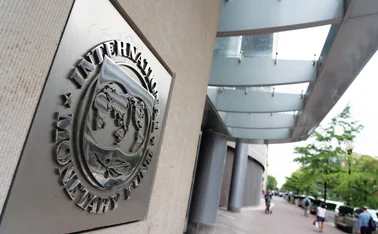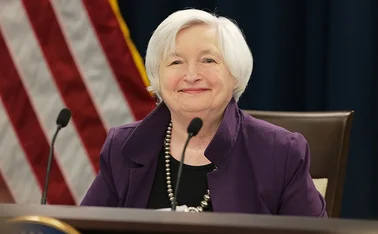
European banks face increased leveraged lending risks, says Enria
SSM chair highlights cyber attacks and climate change as emerging risks to financial stability

European banks have increased their leveraged lending, which could expose them to higher risks if central banks increase interest rates, the European Central Bank’s chief supervisor warned.
Single Supervisory Mechanism chair Andrea Enria said today (February 10) banks have breached their expectations regarding the amount of risky lending they would engage in.
Presenting the results of the annual Supervisory Review and Evaluation Process (SREP), Enria warned cyber security and climate change
Only users who have a paid subscription or are part of a corporate subscription are able to print or copy content.
To access these options, along with all other subscription benefits, please contact info@centralbanking.com or view our subscription options here: subscriptions.centralbanking.com/subscribe
You are currently unable to print this content. Please contact info@centralbanking.com to find out more.
You are currently unable to copy this content. Please contact info@centralbanking.com to find out more.
Copyright Infopro Digital Limited. All rights reserved.
As outlined in our terms and conditions, https://www.infopro-digital.com/terms-and-conditions/subscriptions/ (point 2.4), printing is limited to a single copy.
If you would like to purchase additional rights please email info@centralbanking.com test test test
Copyright Infopro Digital Limited. All rights reserved.
You may share this content using our article tools. As outlined in our terms and conditions, https://www.infopro-digital.com/terms-and-conditions/subscriptions/ (clause 2.4), an Authorised User may only make one copy of the materials for their own personal use. You must also comply with the restrictions in clause 2.5.
If you would like to purchase additional rights please email info@centralbanking.com test test test








